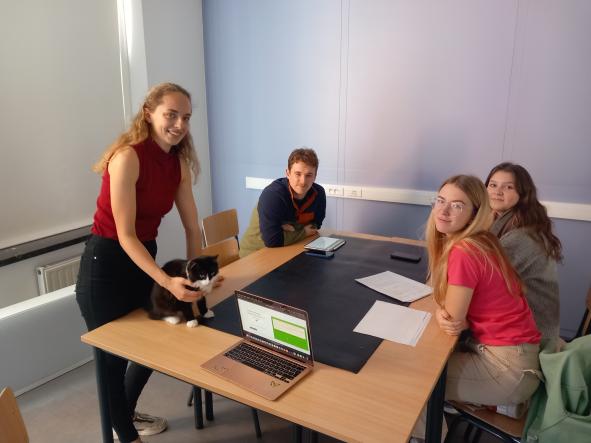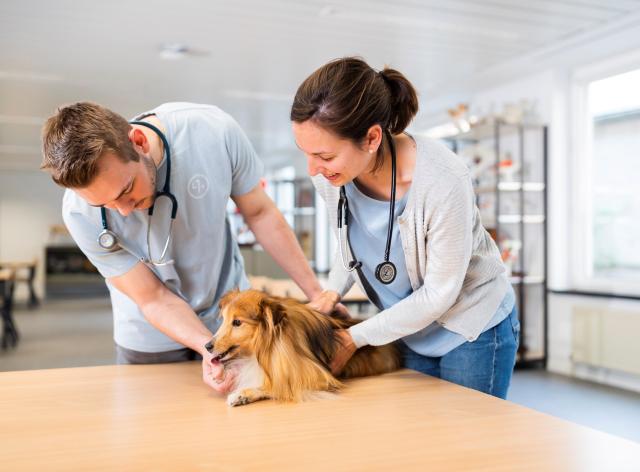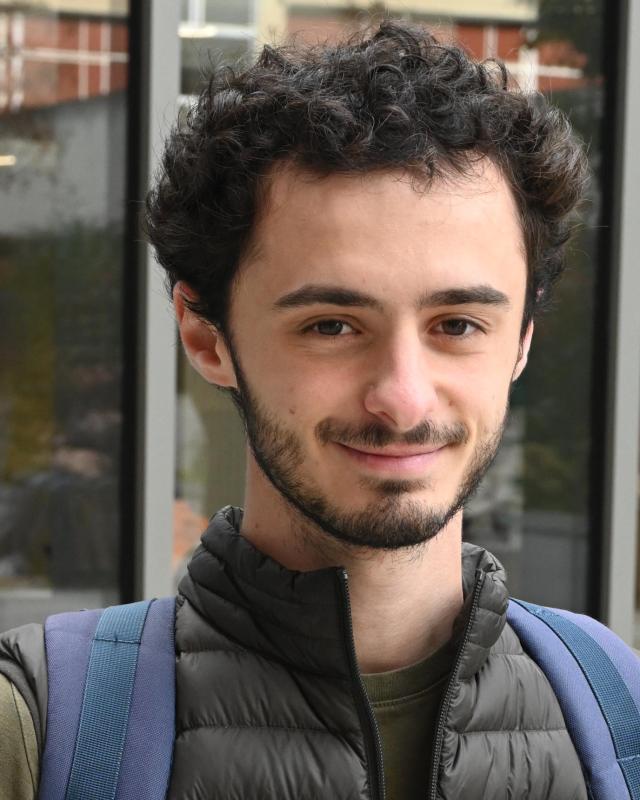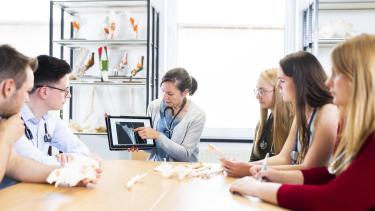Veterinary medicine is a discipline at the crossroads of medicine, biology, agronomy, and pharmacy. It focuses on the collective and individual health of farm and companion animals, as well as its implications for the environment, human health, and society.
At the forefront of public health management and contagious disease surveillance, veterinarians are also spearheading biomedical research in humans and animals. In this sense, veterinary medicine is an indispensable link in global health.
Contest
In 2026-2027, the entrance exam will still be held at the end of the first year of the bachelor's degree.
From 2027-2028 onwards, admission to the bachelor's degree in veterinary medicine will be subject to an entrance exam, organized before the first year. Admission will depend on the ranking obtained at the end of this exam.
Would you like to be the first to know about the exam procedures and the specific preparation offered by UNamur?

They talk to you about veterinary medicine
The advantages of veterinary medicine at the University of Namur
- From the very first block, you are in direct contact with the animals.
- You will put your skills to use on the veterinary department's educational farm, which has established special partnerships with other training providers.
- Regular contact with research teams from various laboratories grounds your bachelor's degree program in this fascinating world where knowledge is developed.
- Your training is accompanied by reflection on the implications of science and its practice, making you veterinarians who are as concerned about owners as they are about their animals.
- Theoretical training rooted in real-world practice. Learning consists of using a concept (knowledge) acquired in one context to solve a problem in another context: this process is called "transfer" and involves making medical decisions with a critical, scientific, and human approach.
- Innovative teaching tools. The Department offers numerous team projects, multidisciplinary meetings, laboratory exercises, a unique collection of anatomical models, and 360° and 3D animations.










